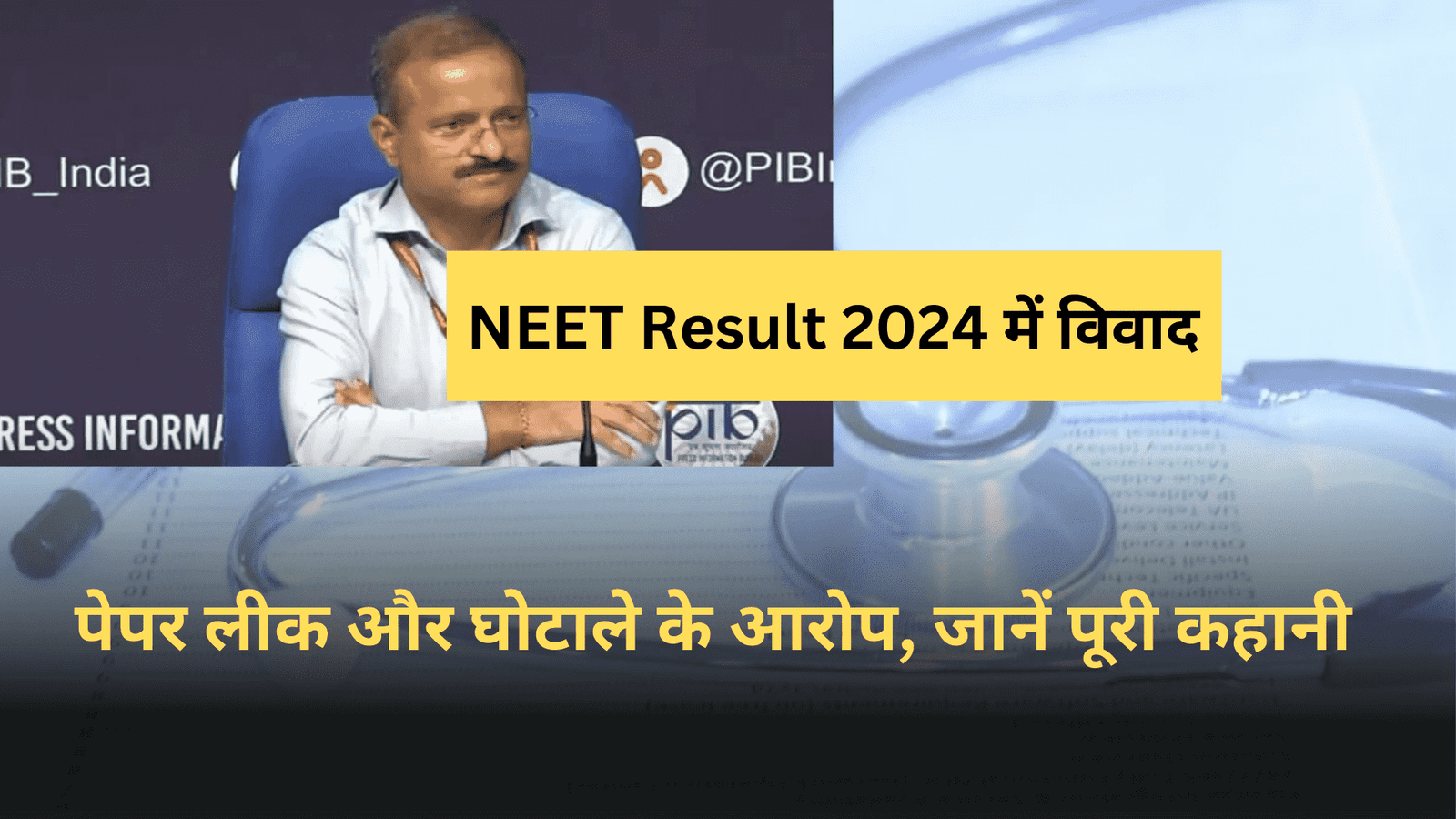BUDGET 2024

Speaking to CNBC-TV18, Sudhir Kapadia, Partner-Tax & Regulatory Svcs at EY, believes a 10% long-term capital gains tax for listed securities is one of the most favourable rates globally.
“There’s more money than you want to have in the market already. So where is the need to give further incentive on that?” he said, discussing market expectations of some favourable revisions in the capital gains tax regime.
He suggested that instead of focusing on rate changes, which might be unnecessary given the current market conditions, the priority should be on simplifying and providing certainty in the capital gains tax system.
Further, the inverted duty structure creates a cash flow burden for businesses and accumulates Input Tax Credit (ITC) that cannot be effectively used because of the complexities and litigation surrounding inverted duty structure (IDS) refunds. Per experts, the GST Council meeting is expected to focus on resolving the inverted duty structure plaguing sectors such as textiles, footwear, and fertilisers.
Shivam Mehta, Executive Partner, Lakshmikumaran & Sridharan Attorneys, said, “The entire industry is counting on the new coalition Government for relief owing to the hardships faced post-introduction of new rule for valuation of corporate guarantee. The industry is hoping for an amendment/clarification to fix the value of supply basis, the actual loan amount disbursed and the non-applicability of the rule where full ITC is available to recipients. As hinted by the finance minister recently, spirited discussions regarding inclusion of petrol, diesel, ATF, natural gas, and selected petroleum products within the ambit of GST have been taking place not just within the corridors of power but also within the industry. How far these requests will be met, however, will depend on the Center taking the state on board.”
Factors that influence changes to income tax exemption limits
Several factors, including economic conditions, government priorities, revenue considerations, and political factors, influence changes to income tax exemption limits.
Regarding economic conditions, Abhishek Soni, CEO and Co-founder of Tax2win, suggests that if the economy shows signs of recovery or growth, there may be a rationale for increasing the income tax exemption limit. This adjustment could alleviate the burden on taxpayers and stimulate consumption.
Discussing government priorities, Soni notes that the Modi 3.0 administration’s decisions, reflected in their policy choices and public statements, will play a crucial role in determining whether they prioritize measures like raising exemption limits.
Revision of Section 80C Limit
The much-needed revision in Section 80C has remained unchanged since 2014, despite rising inflation rates. “This would not only help taxpayers combat inflation but also stimulate savings and investments in key financial instruments like ELSS, tax-saving FDs, PPF, etc., aligning with the broader vision of a financially robust and prosperous India,” said Clear founder and CEO Archit Gupta.
Increase in Interest Deduction Limit under Section 24(b)
Archit Gupta suggested that to promote homeownership further, the government ought to contemplate raising the interest deduction limit under Section 24(b) from Rs. 2,00,000 to Rs. 3,00,000. This adjustment could offer enhanced incentives for individuals considering residential property purchases, bolstering personal financial well-being and fostering growth in the real estate sector.
For those who are focused on long-term equity investing—and this is the kind of investor that India needs most of all— this is the only adjustment to the capital gains tax that is needed.
Information about this news is also available in other places.




Pingback: The NEET-PG exams were scheduled to be held on June 23.Education - CurrentEdu365